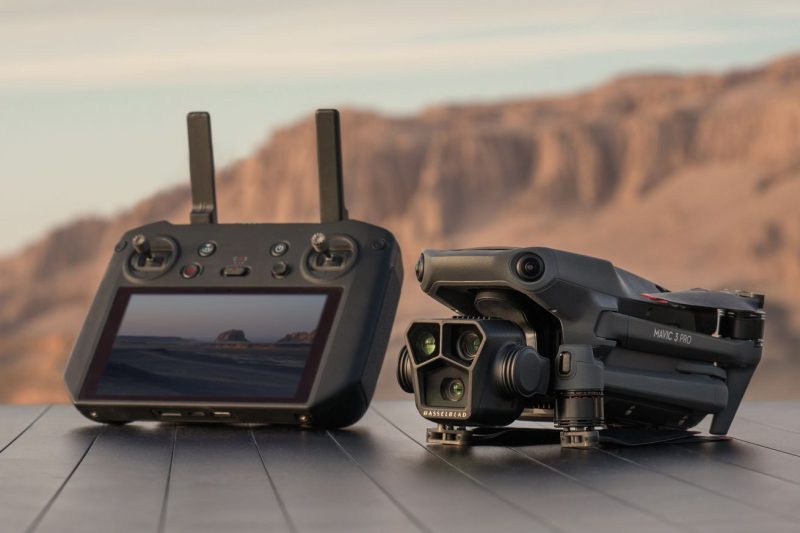DJI Sues the US Department of Defense for Labeling It a Chinese Military Company
The recent legal battle between DJI, the world’s dominant drone manufacturer, and the US Department of Defense over the classification of DJI as a Chinese military company has stirred up deep-rooted concerns in the tech industry regarding national security and economic competition. DJI filed a lawsuit in response to being added to the Department of Defense’s Entity List, alleging that the decision was arbitrary and capricious, lacking substantial evidence to support the claim that DJI is a threat to national security. This case raises significant questions about the nature of tech companies’ involvement in national security matters and the impact of geopolitical tensions on the global tech industry.
DJI’s rise to prominence in the drone market has been nothing short of meteoric. Founded in 2006, the Chinese company has established itself as a leader in consumer and commercial drone technology, providing innovative and high-quality products to a wide range of users worldwide. DJI’s drones are used in various industries, including filmmaking, agriculture, infrastructure inspection, and search and rescue operations. The company’s success has been driven by its commitment to research and development, which has led to the creation of cutting-edge drone technology that has revolutionized many sectors.
The accusation that DJI is a Chinese military company has sent shockwaves through the tech industry. The implications of being labeled as such are significant, as it can result in severe restrictions on DJI’s ability to conduct business in the US market and collaborate with American companies. DJI vehemently denies any ties to the Chinese military and insists that it operates as an independent entity focused on providing innovative drone solutions to its customers. The company has emphasized its commitment to transparency and adherence to laws and regulations in all the countries where it operates.
The decision to add DJI to the Entity List underscores the increasing scrutiny faced by Chinese tech companies operating in the global market. Geopolitical tensions between the US and China have heightened concerns about data security, intellectual property protection, and national security risks associated with Chinese companies. The US government’s actions reflect a broader trend of restricting Chinese tech companies’ access to critical technologies and markets, citing concerns about espionage and national security threats.
DJI’s lawsuit against the US Department of Defense represents a pivotal moment in the ongoing debate over the role of tech companies in national security and the implications of geopolitical tensions on the technology sector. The outcome of this legal battle will have far-reaching consequences for DJI and other Chinese tech companies seeking to expand their presence in the US market. It also highlights the need for clearer regulations and guidelines to address the complex challenges posed by the intersection of technology, national security, and global competition.
In conclusion, the dispute between DJI and the US Department of Defense underscores the intricate relationship between tech companies, national security interests, and geopolitical tensions. As the case unfolds, it will provide valuable insights into the legal and regulatory challenges facing tech companies operating in a globalized and increasingly complex landscape. The outcome of this legal battle will shape the future of DJI and set a precedent for how governments regulate and interact with tech companies involved in critical industries.

